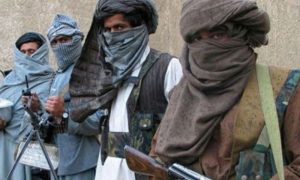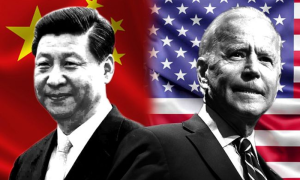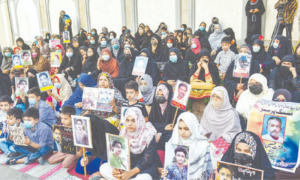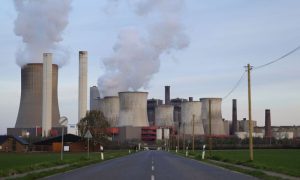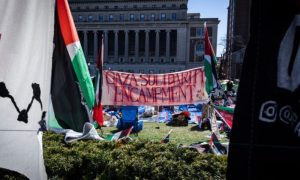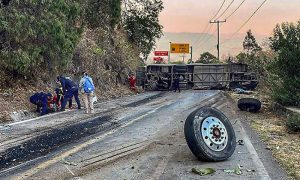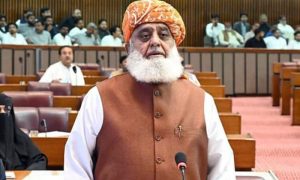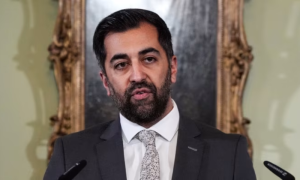The May 2014 Lok Sabha elections were a turning point in Indian politics since 1947, as the Bharatiya Janata Party (BJP) emerged victorious, winning 282 of the 336 seats that the National Democratic Alliance (NDA) parties had won.
This election resulted in the BJP gaining an outright majority for the first time since 1984 and forming a coalition government with its NDA allies, with Narendra Modi, a former Gujarat Chief Minister and member of the Other Backward Classes (OBC), becoming the country’s prime minister.
The BJP’s commitment to Hindutva, which emphasises Hindu values, raised questions about how it would handle religious minorities, especially the 180 million Muslims. Former media advisor to Prime Minister Dr. Manmohan Singh, Sanjaya Baru, argues that the BJP’s triumph has sparked a social and political revolution that signals the beginning of India’s second republic, one that is less dependent on the effects of colonialism and Partition.
According to Baru, “Lok Sabha 2014 marked the end of the ‘Nehruvian’ dynasty.” According to him, this change signals the beginning of a new phase in Indian politics, one marked by changing political procedures and an unclear course for the country’s future.
Muslims have been politically marginalised as seen by the decrease in their representation in Parliament, which has resulted in the lowest number of Muslim Members of Parliament since independence. This loss in representation occurred in the 14th Lok Sabha (2004), 30th (2009), and 16th (2014) Lok Sabhas.
The BJP fielded 482 candidates, of whom just 7 were Muslim, and not a single one of them won a seat. West Bengal and Uttar Pradesh, the two states with the highest Muslim populations, do not have any Muslim members of parliament (Census 2011); West Bengal (eight), Bihar (four), Jammu and Kashmir (four), Kerala (three), Assam (two), Andhra Pradesh (one), Tamil Nadu (one), and Lakshadweep (one) are the only states with Muslim members of parliament. Just one minister out of the 151 in the nine states held by the BJP is Muslim. This is in stark contrast to the 52 Muslim ministers in 13 states that are not BJP-ruled.
The long list of blunders ascribed to Modi’s administration is extensive, showcasing structural flaws and poor policy choices that have had a significant impact on India’s socio-political environment. Although demonetization was hailed as a daring attempt to combat corruption and dark money, it had the opposite effect, devastating the economy and upsetting millions of people’s lives. Serious concerns were expressed over the government’s handling of sensitive military operations and national security readiness after the Pulwama incident and the subsequent retaliatory airstrikes in Balakot.
In addition, under Modi’s leadership, the frequency of fictitious encounters, killings in custody, and acts of communal violence highlight the decline of civil freedoms and the rule of law. The cooperation of the so-called “Godi Media” in promoting official propaganda and suppressing opposition intensifies worries over media liberty and the degradation of democratic principles.
Despite mounting evidence of mismanagement and governance failures, Modi’s supporters remain steadfast in their allegiance, driven by a potent mix of religious fervor and nationalist sentiment. The farmer demonstrations, which were incited by divisive agricultural changes, draw attention to the discrepancy between official policies and the everyday struggles of common people.
Meanwhile, the government’s incompetence and lack of readiness in dealing with a public health emergency of never-before-seen dimensions is shown by the mismanagement of the COVID-19 epidemic, which is demonstrated by the tragic death toll and the collapse of the hospital system. It is more important than ever for India to prioritise accountability, transparency, and inclusive government as the country faces a plethora of issues, including social upheaval and economic stagnation.
Human Rights Watch has drawn attention to troubling trends in India under the leadership of the Hindu nationalist Bharatiya Janata Party (BJP) in its World Report 2024. The administration is said to have targeted opposition politicians, activists, journalists, and other dissident voices with politically motivated criminal accusations, including terrorist ones. Together with the introduction of the Foreign Contribution Regulation Act to control foreign financing for non-governmental organisations, Indian authorities have used a variety of strategies, including searches and accusations of financial malfeasance.
Notably, in February, raids were carried out by Indian tax authorities on BBC offices located in New Delhi and Mumbai. The searches were purportedly carried out in retribution for a programme that exposed Prime Minister Narendra Modi’s alleged inability to protect the security of Muslims. In January, the Indian government moved quickly to prohibit the documentary by using the emergency clause in the Information Technology Rules of the nation. India’s continuous role in inciting fear through acts of terrorism is indicative of Modi’s unrelenting promotion of the Hindutva ideology.
Sukhdool’s and Nikhal Gupta murder is only one instance of India’s purported involvement in using violence to further its political objectives. In addition to undermining the values of tolerance and pluralism, this unsettling trend runs the risk of escalating regional tensions and destabilising nearby nations. In order to combat the escalating threat presented by state-sponsored terrorism and sectarian extremism coming from India, it emphasises the urgent need for more international oversight and accountability.













